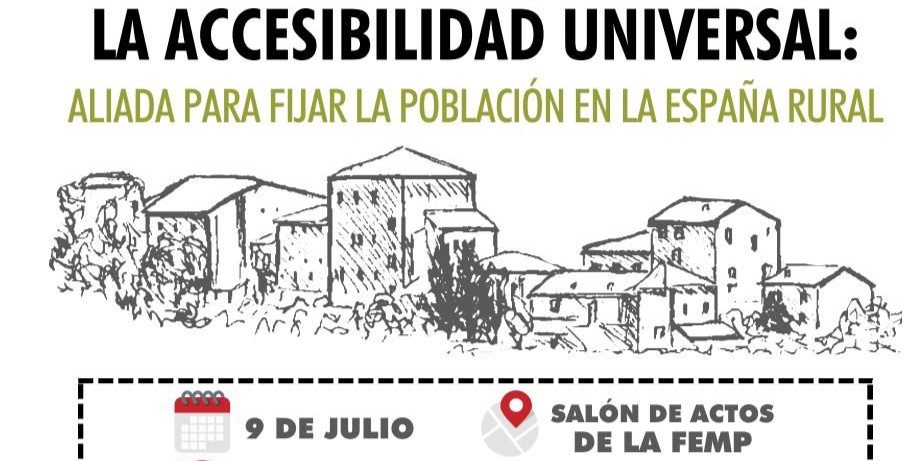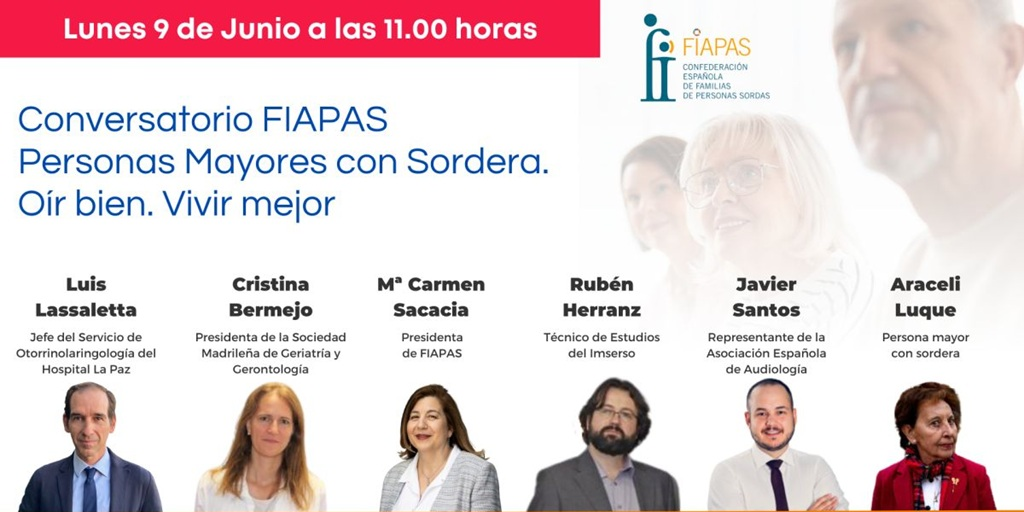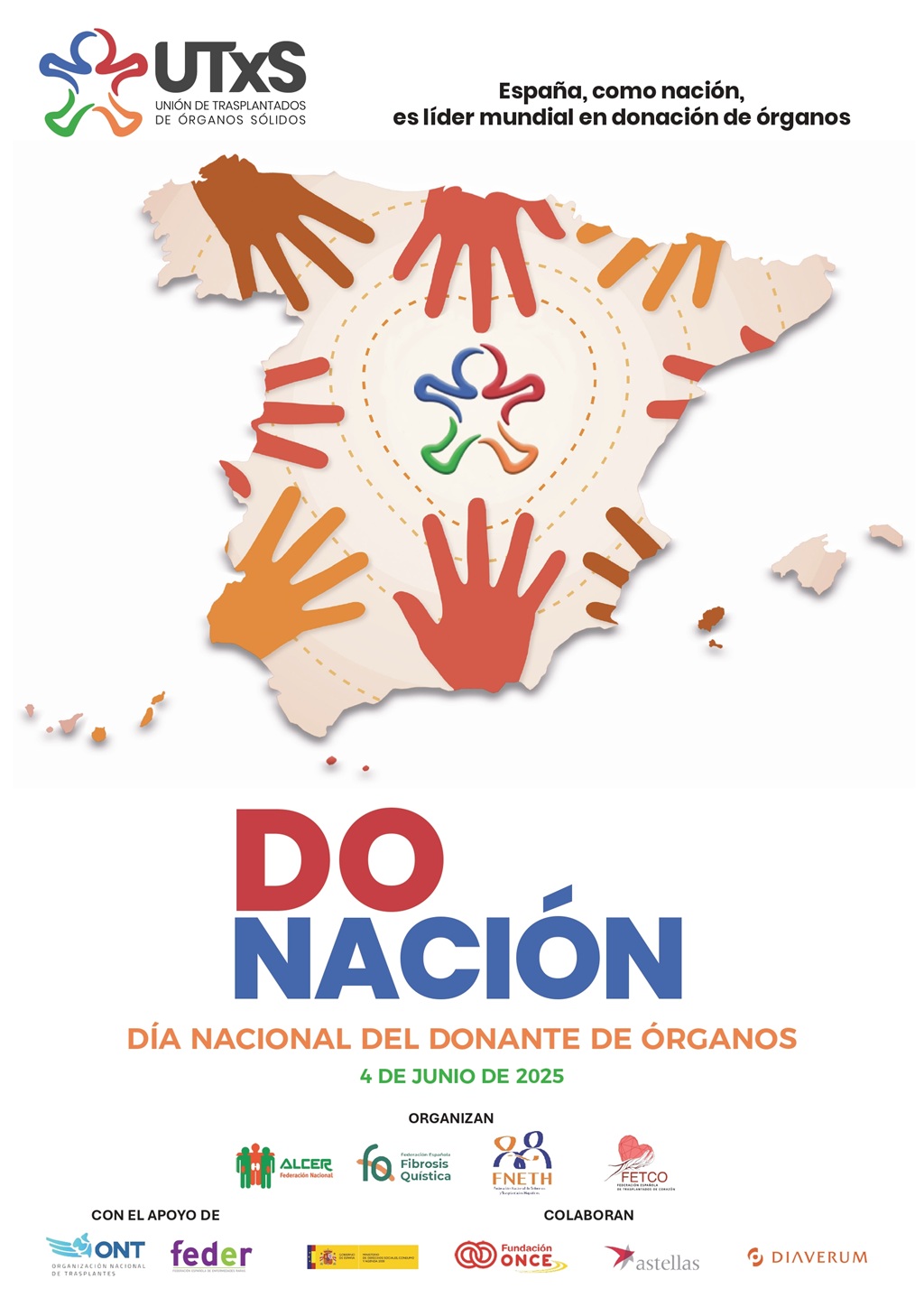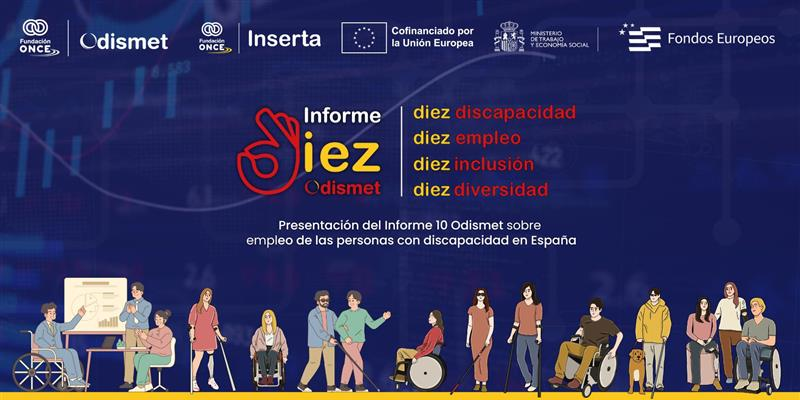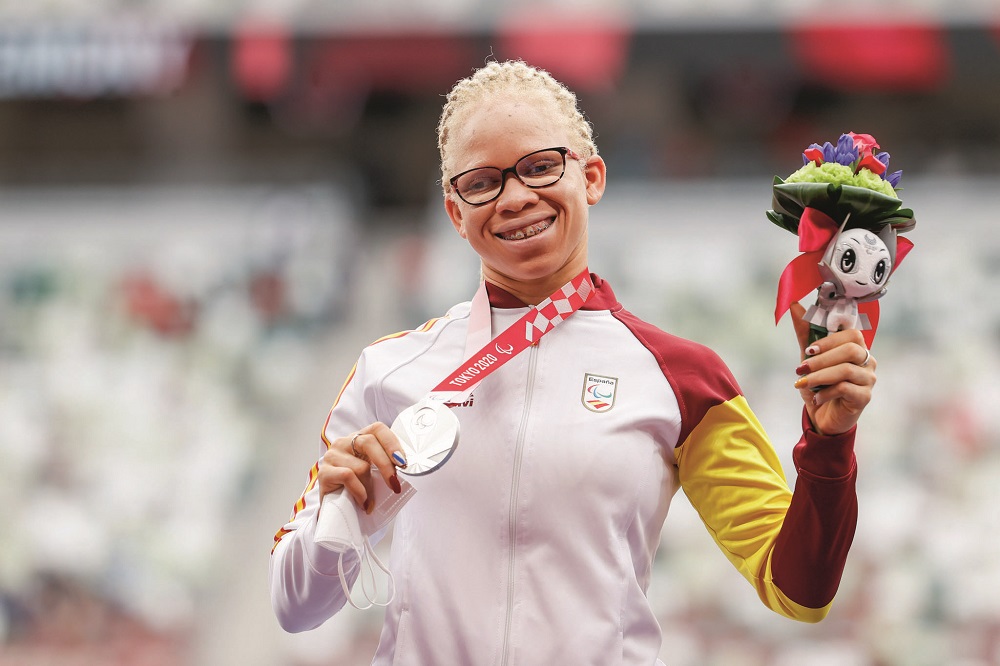
Paris 2024 will be the 17th edition of the Paralympic Games. Since they were held for the first time in Rome 1960, they have evolved a lot after that first event in which around 400 athletes from only 23 countries participated and with only eight sports on the program.
4,400 athletes with physical, intellectual, visual disabilities and paralysis or brain injury from 182 countries will compete in the capital gala. Although the number of athletes is the same as in the Tokyo Games, there will be important modifications in the distribution by sport, with the aim of increasing female participation, protecting athletes with greater disabilities and equalizing quotas in team modalities. . .
THE SPANISH DELEGATION IN PARIS 2024 WILL BE COMPOSED OF ABOUT 140 PARALYMPIC ATHLETES
In total, 549 medal events will be held (of which 271 are men’s, 235 will be women’s and 43 will be mixed) in the 22 sports that are part of the Paralympic program: athletics, badminton, wheelchair basketball, boccia, cycling, wheelchair fencing, 5-a-side football, goalball, judo, weightlifting, horse riding, swimming, canoeing, rowing, wheelchair rugby, taekwondo, table tennis, wheelchair tennis, archery, Olympic shooting, triathlon and sitting volleyball. There will be no new sports compared to the previous Games held in Tokyo.
The president of the Spanish Paralympic Committee, Miguel Carballeda, recalls that in Spain there are 4.5 million people with disabilities and underlines «the value of sport, which makes those with a disability feel valid and capable.»
«Our obligation in the Spanish Paralympic Committee is to win medals, but there are other important things in life, which is knowing how to go for it, to represent the Spanish team with dignity and those 4.5 million people with disabilities,» says Carballeda.
Spanish delegation
The Spanish Paralympic Committee estimates that around 140 athletes will compete, about 125 with disabilities plus 15 without disabilities, including pilots and guides. The Spanish delegation will be completed by 90 more members, including coaches, doctors, physiotherapists, mechanics and support and office staff.
In total, there may be up to 13 Spanish sports federations that contribute participants in Paris 2024. To the four that group athletes according to their type of disability – those of the Blind (FEDC), People with Physical Disabilities (Feddf), People with Intellectual Disabilities (Feddi) and People with Cerebral Palsy and Acquired Brain Injury (Fedpc) –, the Spanish Federations of Badminton (Fesba), Rowing (FER), Triathlon (Fetri) and Taekwondo (RFET) join in, and the Royal Federations . Spanish Cycling (RFEC), Canoeing (RFEP), Tennis (RFET), Table Tennis (Rfetm) and Archery (Rfeta), the latter as a consequence of the process of integration of sports for people with disabilities within the federations Spanish sports.
The main objective of the Spanish delegation will be to equal or exceed the 36 medals achieved in Tokyo 2020 (9 gold, 15 silver and 12 bronze) in seven sports: athletics, cycling, judo, swimming, table tennis, triathlon and shooting . . In addition, 131 diplomas were achieved. With these results, Spain placed fifteenth in the medal table.
athletics
One of the great assets of the Spanish delegation will be in athletics. In this sport, many eyes will be on Adiaratou Iglesias, current Paralympic champion in the T13 hundred meters (athletes with visual impairments) in Tokyo 2020.
Iglesias was already the revelation athlete of the Spanish Paralympic Team in the last Games, in which she debuted with a gold medal in the 100 meters and a silver in the 400 T13. The athlete born in Mali and raised in Lugo has also achieved a champion title and another runner-up title at the Paris 2023 World Cup.
Adi Iglesias’ goal “is to achieve the same results as in Tokyo, that is, the gold medal. I think I am training very well for it, and my strong test is the 100, where I want to give my all, and, of course, also do it in the 400. In addition, these games will not be marked by covid-19, like in Tokyo. so enjoy them 100%,” he says.
Other notable Spanish athletes are the long-distance runner Yassine Ouhdadi and the sprinter Gerard Descarrega.
Judo
On the tatami Marta Arce will fight for her fourth medal. The 46-year-old from Valladolid will compete in her fifth Paralympic Games. “The Games are the most important event that an athlete can aspire to and I hope to enjoy them very much, firstly, and, secondly, do a good job. The results are important, but the most important thing, personally, is to have a good competition, some good fights.”
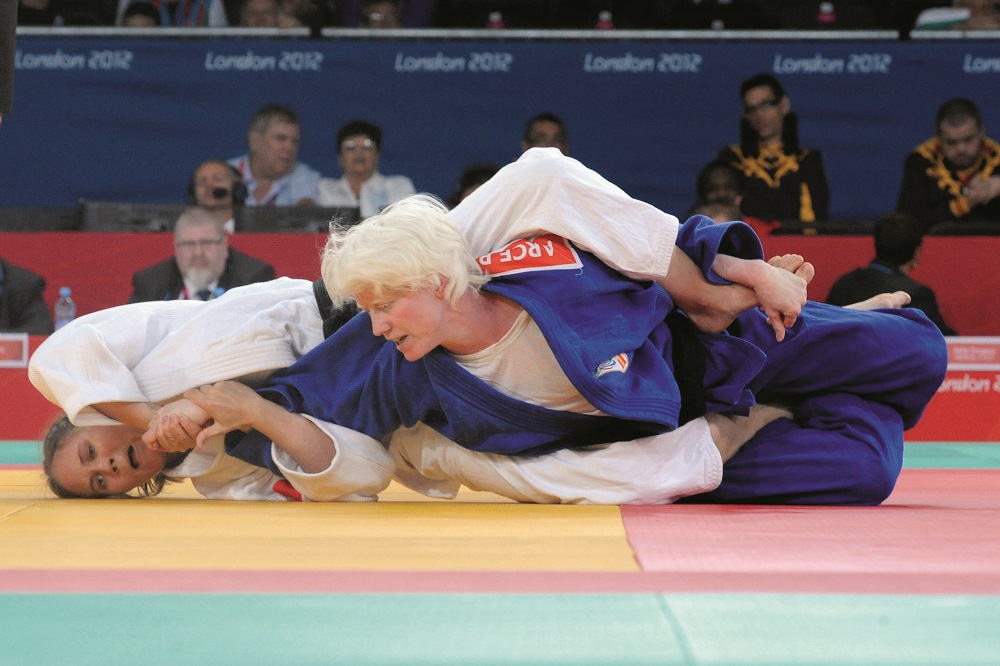
Arce, who has a visual disability and is also the mother of three children, will try to get on the podium, as she already did in the Athens 2004 and Beijing 2008 Games, by winning two silver medals and one bronze in London 2012.
Swimming
One of the great assets of the Hispanic delegation to win a medal will be in swimming, a sport in which fourteen medals were achieved in Tokyo (two gold, nine silver and three bronze).
Teresa Perales, pr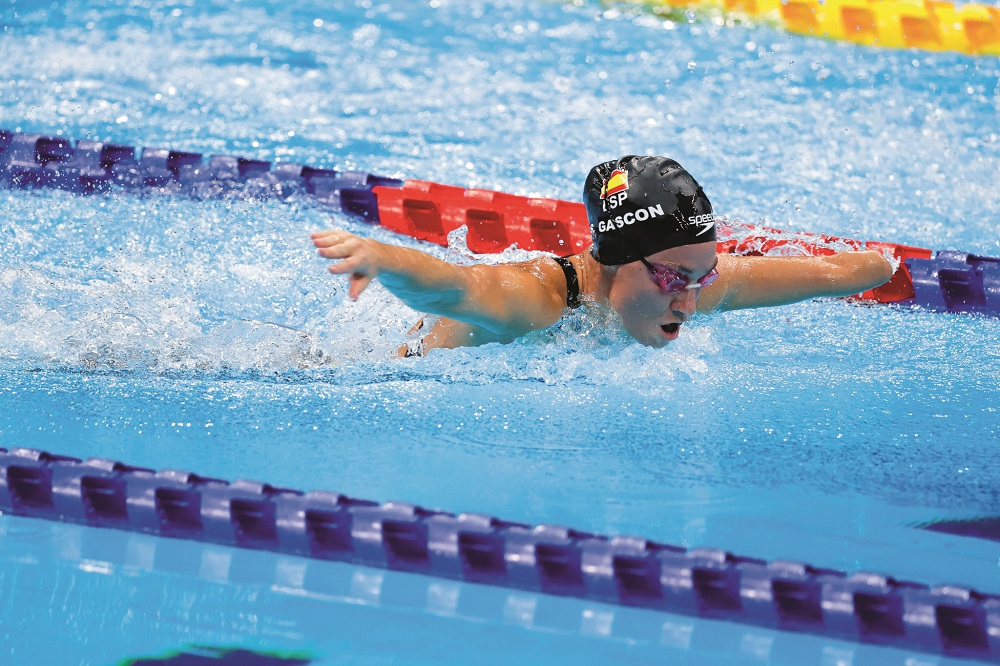 Princess of Asturias Award for Sports 2021 and who is the Spanish athlete with the highest number of medals in the Games, with a total of 27 (seven gold, ten silver and ten bronze), obtained in the last six Paralympic editions ( Sydney 2000, Athens 2004, Beijing 2008, London 2012, Rio 2016 and Tokyo 2020).
Princess of Asturias Award for Sports 2021 and who is the Spanish athlete with the highest number of medals in the Games, with a total of 27 (seven gold, ten silver and ten bronze), obtained in the last six Paralympic editions ( Sydney 2000, Athens 2004, Beijing 2008, London 2012, Rio 2016 and Tokyo 2020).
Other Spanish medal options will be Sarai Gascón, winner of nine medals in five participations; Nuria Marqués, with four medals; Marta Fernández, the most successful Spanish athlete in Tokyo with a gold, a silver and a bronze; Toni Ponce or Anastasiya Dmytriv, only fifteen years old.
cyclist swimmer
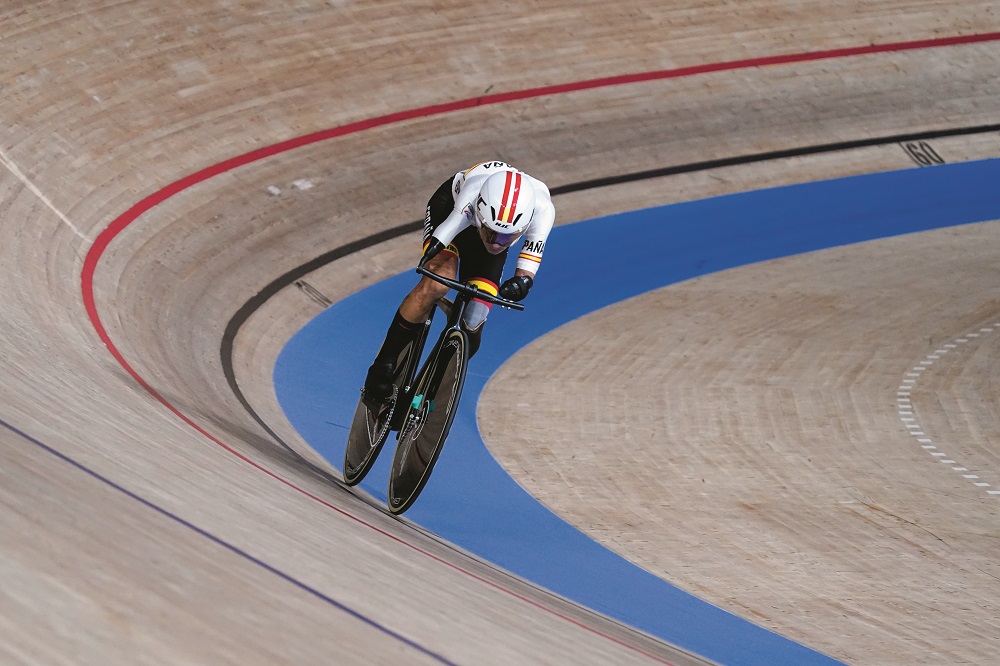 A notable case is that of Ricardo Ten, who decided to abandon swimming after the Rio 2016 Paralympic Games, with seven medals under his belt, and start his career in cycling. Ten has a physical disability, due to an electrical accident he suffered when he was eight years old, which caused him to lose both arms and one leg, and since then his life has been linked to Paralympic sport.
A notable case is that of Ricardo Ten, who decided to abandon swimming after the Rio 2016 Paralympic Games, with seven medals under his belt, and start his career in cycling. Ten has a physical disability, due to an electrical accident he suffered when he was eight years old, which caused him to lose both arms and one leg, and since then his life has been linked to Paralympic sport.
The now cyclist claims to be “very excited about these seventh games because the cycle has been very good.” He states that athletes who only appear during the games like the Russians create “a lot of uncertainty for him, but we are going to arrive in good shape and we hope for the best by focusing on the time trial.” Finally, he points out that he will fight “to be on the podium.”
weightlifting
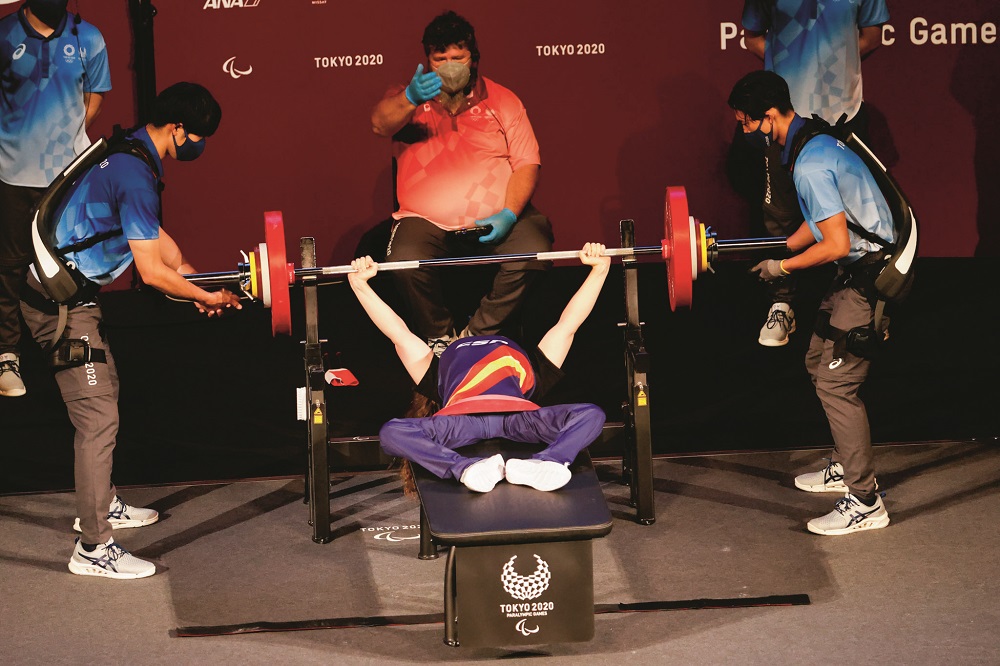
In weightlifting, Loida Zabala, who was diagnosed with cancer in October, explained that the sport is “a lifesaver” for her. “Before, when I watched Paris 2024 I saw it as an opportunity to get a medal, which would be my first Paralympic, but now when I see that logo it reminds me that I am still alive and that I still have the opportunity to enjoy myself while I work to fulfill my dreams.” , he emphasizes.
cycling
In cycling, Alfonso Cabello from Cordoba, champion in Tokyo 2020 in the kilometer event, also starts with medal options; or Sergio Garrote, who after suffering a work accident that caused paraplegia, decided to try cycling and won two medals (gold and silver) in the last Games.
Other stars of Spanish Paralympic sports are Susana Rodríguez, Eva Moral and Daniel Molina (triathlon), Álvaro Valera (table tennis), Juan Antonio Saavedra (shooting), Martín de la Puente (table tennis) and Judith Rodríguez (fencing).
Ceremonies and venues
The opening ceremony will be held on August 28. It will be a parade along the Champs-Élysées that will end in the Place de la Concorde, with thousands of fans from all over the world leading the Paralympic athletes through the streets of Paris.
The Games will have 17 competition venues spread between the city center (nine facilities) and the Saint-Dennis area, to the north (three). The other five are located on the outskirts or in nearby towns.
THE PARALYMPIC GAMES WILL BE RETRANSMITTED TO 170 COUNTRIES WITH AN AUDIENCE OF 4.2 BILLION PEOPLE
Some emblematic monuments of the French capital, such as the Eiffel Tower, the Champ de Mars, the Invalides or the Palace of Versailles, will be venues for Paralympic events. The opening ceremony will take place in the central Place de la Concorde, with the national delegations parading along the Champs-Elysées. The closing, scheduled for September 8, will be at the Stade de France in Saint-Denis.
A notable fact is the increase in interest in Paralympic sport, as shown by the increase in broadcasts of the Games around the world. In Paris, more than 2,200 journalists from all over the world will feature the exploits of the best athletes with disabilities from around the globe. On the Spanish side, around 60 Spanish journalists representing around 25 media outlets are expected to cover these Games.



